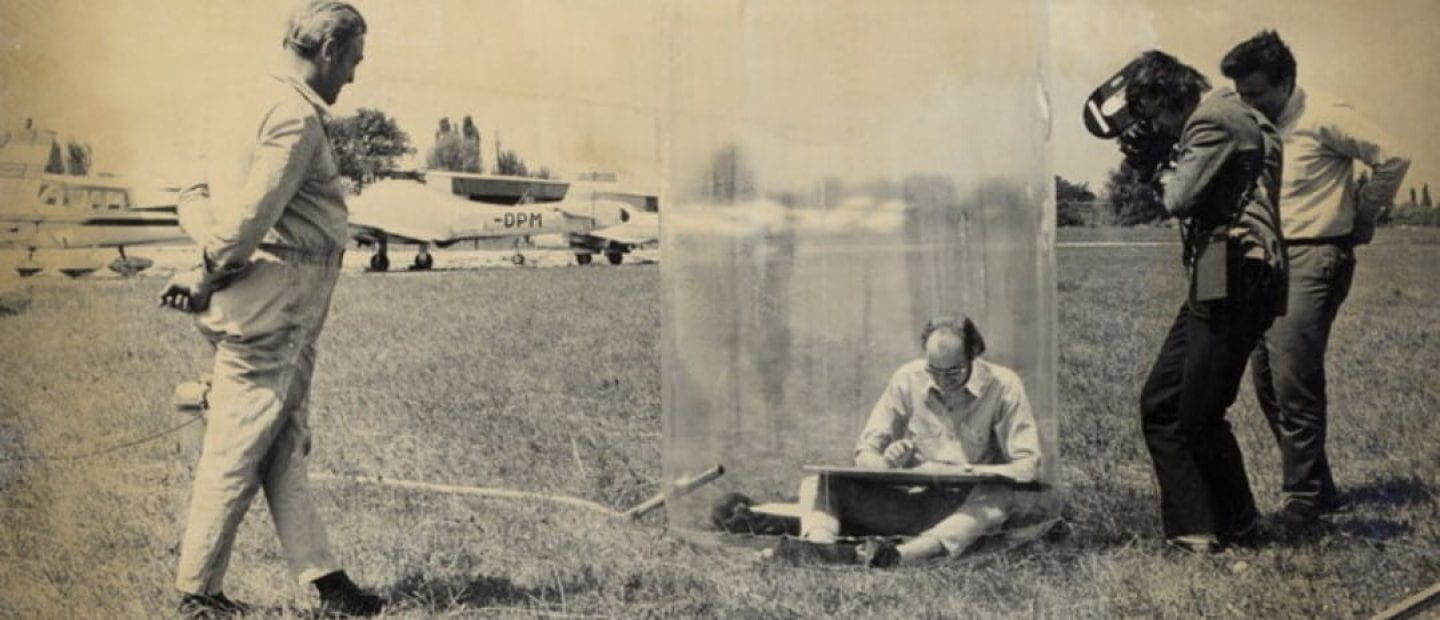About
The participants in this doctoral seminar at the University of Chicago led by Jennifer Scappettone in the Autumn quarter of 2020 were asked to re-examine the notion of “inspiration” in its aesthetic and historical senses, revisiting age-old textual and arts practices based on tropes of channeling, as well as contemporary practices based on embodied, performative and geopoetic notions of interconnection, circulation, receptivity and transmutation—including practices that reflect and refute the denial of the innate interconnectivity of beings. We explored the reciprocity of breathing in and out as a key to cognitive and aesthetic practices built on conscious somatic traditions, on poetics of critical voicing and unvoicing. We delved into the workings of air as an animating element that bridges and binds individuals to both internal and external forces—controllable and uncontrollable, state-sponsored and ambient, or what we would call “natural” under anthropocene conditions. We explored the long history of engagement with this element as it has been used to signify and enhance the circulation and interception of ambient forces, signs, and voices in literature, performance, audiovisual and electronic media, and perhaps sculptural and architectural sites. We examined the modern and contemporary politicization of air as a commons, and applied our research to the analysis and critique of industrial and post-industrial landscapes. The seminar posits that the imagination of air itself becomes central to thinking about utopian or dystopian collectivities in a time of respiratory crisis.
This seminar was an outgrowth of Jennifer Scappettone’s 2016 collaboration with artists Caroline Bergvall and Judd Morrissey on a pedagogical and creative project called The Data That We Breathe, sponsored by a Mellon Fellowship in Arts Practice and Scholarship and hosted by the Gray Center for Arts and Inquiry. Profound thanks to the Gray Center, the Mellon Foundation, and my collaborators.

Leave a Reply
You must be logged in to post a comment.